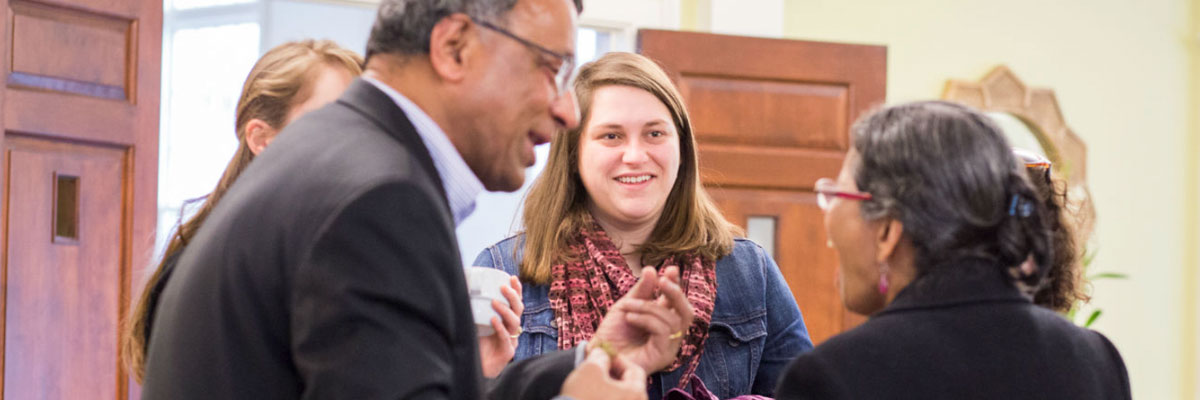Have questions about Carter? Find answers to some of our most frequently asked questions below.
Is there a typical "path" for people who attend Carter United Methodist Church? Talking to people in Carter you will hear a variety of faith stories. Some folks have been Methodists their whole lives; others come from other faith backgrounds such as Baptists, Catholics or Presbyterians. People come to worship because Carter is a compromise in an interfaith marriage, and others where there is not faith background. We want to meet you where you are on your journey.
What should I expect when I visit for the first time? When you come in there will be a place to make a name tag and an usher will provide you with a bulletin or you can follow along with the service on the projection screens. Some people wear a dress or jacket and tie, others come in shorts and flip flops, it's your call, how we dress doesn't mean a whole lot to God.
A typical service runs an hour, there will be singing, children's message, scripture, prayers and a message. Children are dismissed to Faith Formation (Sunday School) after the children's message and are picked up during the fellowship time.
Communion is offered on the first Sunday of every month, but you do not need to be a member of any church to share in worship, participate in the sacraments of communion or baptism.
How do I become a member? When people followed the Jesus of history, they may not have known who he was or where he was going. They felt the urge to follow. As they followed they asked, struggled, doubted, and learned. The same is true today!
We ask people who become members to support the church with "your prayers, your presence, your gifts, your service, and witness." We have a variety of ministries to help you become centered serving the church and community.
How we seek to live. United Methodists share a common heritage with other Christians, holding to the historic essentials of the Christian faith. We are willing to ask questions, to wrestle with difficult issues, and to do so with grace and compassion. We hold the Bible to be inspired word of God and are committed to live "into it" while recognizing it was written by people who heard God in the light of their own cultural and historical circumstances. When we encounter theological differences, we bear in mind John Wesley's approach, "in essentials, unity; in nonessentials, liberty; in all things, charity."
